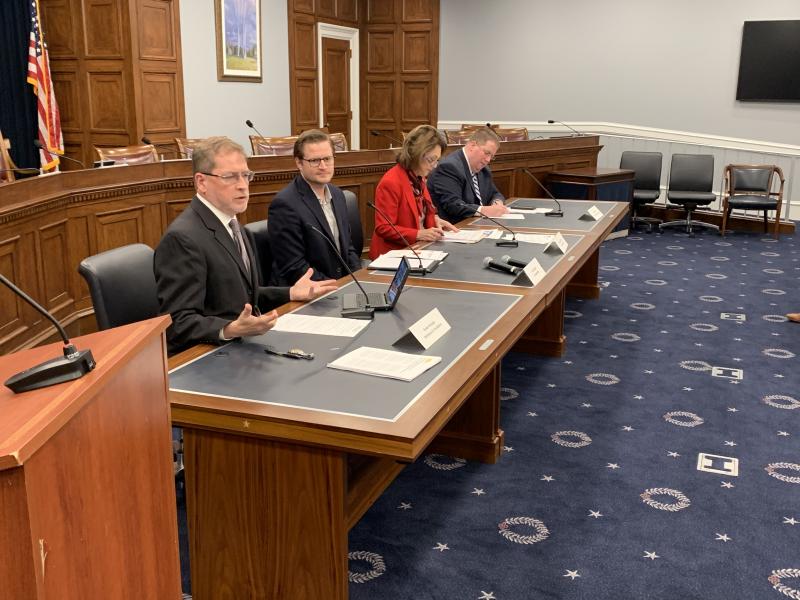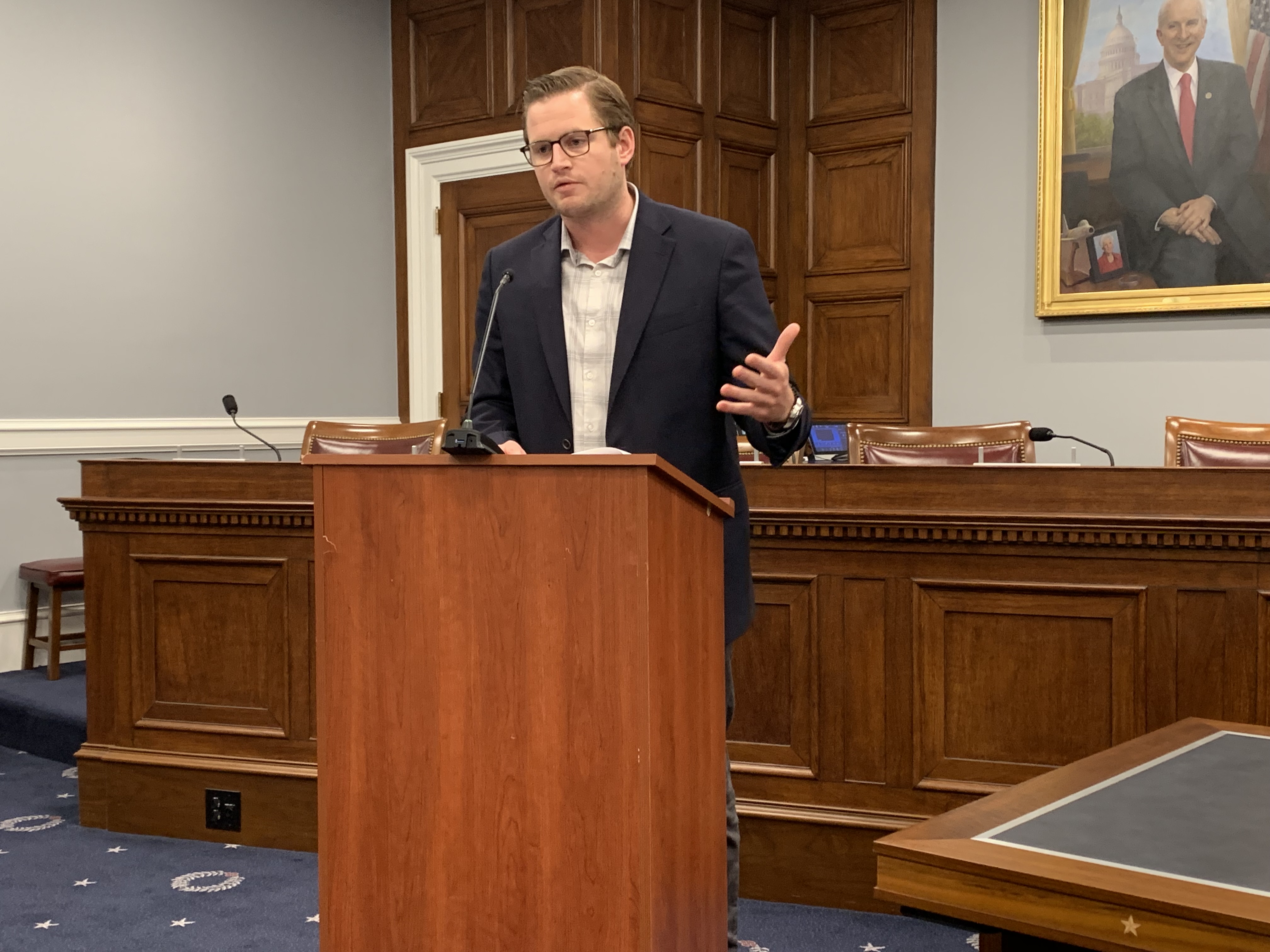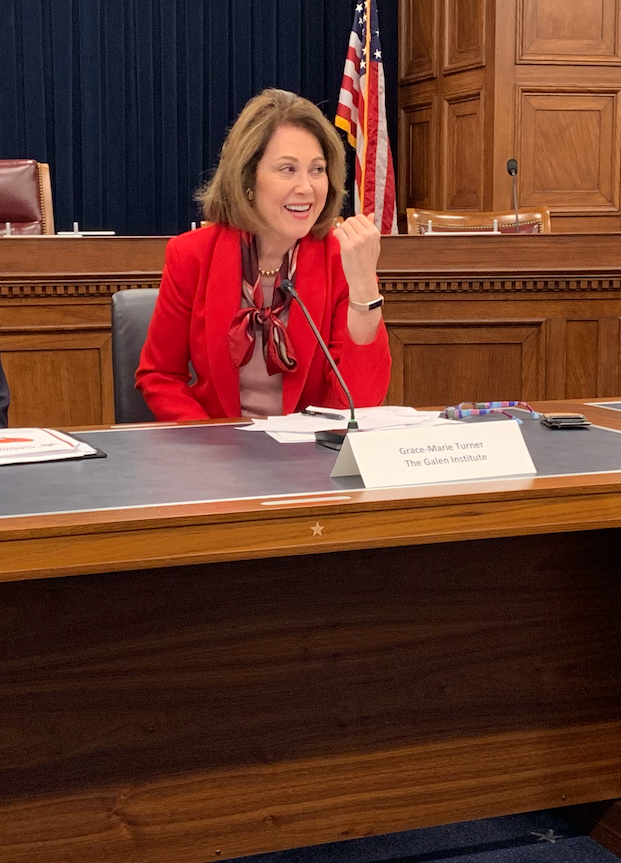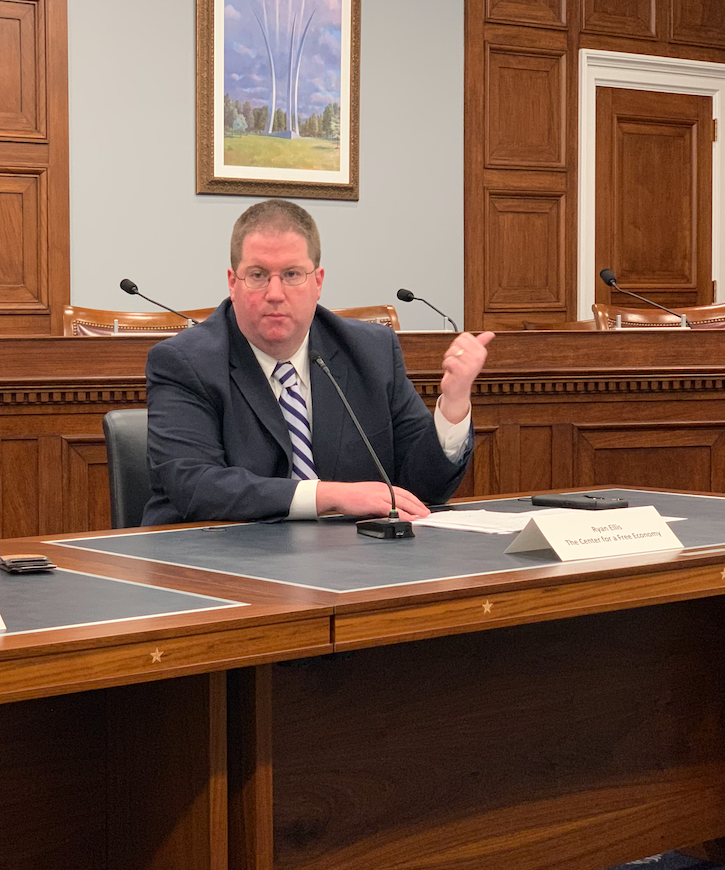
On Tuesday, Americans for Tax Reform held a Capitol Hill briefing on the Department of Health and Human Services (HHS) proposal to subject Medicare Part B drugs to an “International Pricing Index” (IPI).
As ATR has written extensively, the IPI payment model will effectively import foreign price controls into the United States, lowering quality and access to lifesaving medicine. In November, ATR led a coalition of 56 conservative groups in opposition to the IPI.
ATR President Grover Norquist opened the panel by highlighting the effects of the proposal on trade, saying: “Under this rule, every time we win on trade, the administration would have to raise drug prices on Americans. This is a truly bad idea.”
FreedomWorks Director of Policy Patrick Hedger referenced his recent study, “Poison Pill: Importing Foreign Drug Price Controls,” to outline the potential illegality of HHS using the Center for Medicare and Medicaid Innovation (CMMI) to develop the IPI. Obamacare created the CMMI, which allows HHS to conduct pilot programs in order to reduce the cost of Medicare and Medicaid. While efforts to reduce entitlement spending should be applauded, CMMI is outside the appropriations progress and devoid of Congressional oversight, and is prone to be used as a tool to push broad policy changes, as the administration is proposing with the IPI.

(FreedomWorks Director of Policy Patrick Hedger)
Hedger highlighted HHS’ regulatory overreach in using CMMI to run a test case on over half of the country, stating that: “This far exceeds anything Congress intended CMMI to do under the statute.” Hedger also explained that price controls are bad policy.
Under a free market, prices are determined by supply and demand without government intervention. By artificially lowering the price of a good or service, the demand for that good automatically increases. The supplier cannot keep up with the new demand at the lower price, so scarcity occurs. In the prescription drug industry, scarcity could be a potentially fatal problem.
Galen Institute President Grace-Marie Turner spoke on the IPI’s adverse effects on patient access to prescription drugs. Turner referenced a recent Galen Institute Study,“Examination of International Drug Pricing Policies in Selected Countries Shows Prevalent Government Control over Pricing and Restrictions on Access” by Galen Institute Senior Fellow Doug Badger, that compares availability of drugs in the U.S. versus countries with price controls.

(Galen Institute President Grace-Marie Turner)
The study found that Americans have access to approximately 89 percent of total new drugs, while countries like Greece (access to 14 percent of new drugs) and Canada (access to 43 percent of new drugs) do not have the same access to lifesaving medicine that American patients enjoy.
Center for a Free Economy President Ryan Ellis gave broader context to the current healthcare debate, arguing that the IPI is a pillar of the left’s true goal: implementing Medicare for All. Ellis argued that conservatives need to stop acceding to the left’s healthcare demands and focus on market-driven policy changes that would reduce drug prices.

(Center for a Free Economy President Ryan Ellis)
Ellis referenced his recent op-ed, “The Republican Temptation to Cave on Medicare for All,” and cited three policies that conservatives should support: HHS’ rebate rule, streamlining the FDA’s drug approval process, and updating Hatch-Waxman to strengthen patents. Taken in concert, Ellis argued that these policies would stop the country’s gradual march towards Medicare for All.
The fact is, price controls do not work. The administration’s proposal to import price controls would harm patients, reduce access to life saving medicines, and opens the door to proposals that expand the federal government’s stranglehold over healthcare even further.

